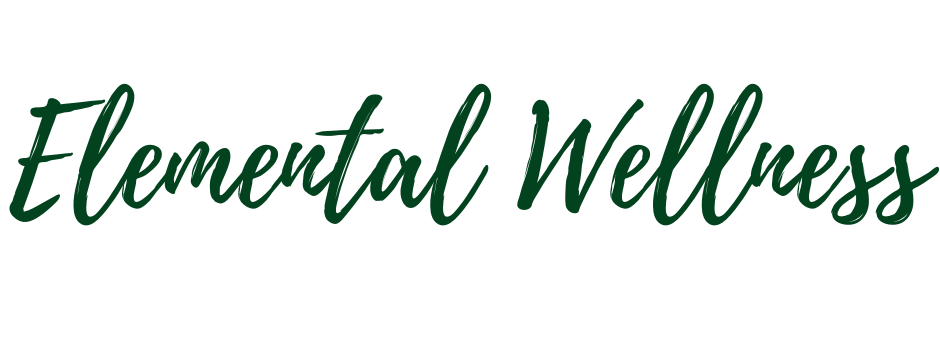Supporting Digestion for Ultimate Gut Health
Last month we learned about the importance of nurturing a healthy gut and the role of the microbiome. As the discussion surrounding gut health continues, I want to spend some time talking about digestion. It’s not a sexy topic but I consider it one of the most important (and most overlooked) elements of health. Digestion refers to the breaking down of our food into particles small enough such that vital nutrients can be absorbed. So many gut complaints are a result of poorly digested food, from acid reflux to gas and bloating and even constipation. When food is not fully broken down into its smallest parts, it cannot be absorbed properly to nourish the body. The leftover, too-large particles become food for unwanted microbes to feast on and overgrow causing gas, bloating, indigestion, and pain. This can also lead to abnormal bowel movements which limits our ability to detoxify.
There are several steps to digestion and they are each critical. Digestion starts in the mouth with saliva and the act of chewing. Chewing starts the digestive process by mechanically breaking down the food as much as possible as well as mixing it with enzymes found in saliva. Did you know that the average person only chews each bite about 6-8 times before swallowing? But in fact, it is recommended to chew our food until it liquifies, which takes more like 20-30 chews per bite! That is a massive difference! By thoroughly chewing food, we make it easier for the rest of the digestive tract to do its job. In fact, many of my patients have found significant improvement in GI complaints simply by slowing down and chewing more. It’s remarkable.
Stomach acid is next in the line during digestion and it plays a surprising number of rolls in the gut. First, strong stomach acid and a low pH is needed to make many vitamins and minerals available in our food. Minerals bind very tightly to other molecules in food and unless the acid breaks those bonds, they remain unabsorbable and unusable by the body and result in nutrient deficiencies. (Iron and B12 are the most common)
Next, many people are under the impression that acid reflux is caused by too much stomach acid. This is why so many people are on antacids and PPI’s (like the purple pill). But this can actually make the problem worse. There is a muscle at the entrance of the stomach that, in the presence of strong stomach acid, closes very tightly preventing any reflux up the esophagus. But the pH has to be quite low for this action to be triggered so suppressing acid can actually cause more esophageal reflux. Weak stomach acid also makes it difficult to digest food quickly and fully which can cause symptoms like getting full quickly, bloating, gas, and belching. Having weak stomach acid is the most common root cause of upper GI complaints that I see. Luckily, there are ways to boost stomach acid (that discussion is outside of the scope of this article).
Strong stomach acid also triggers the release of digestive enzymes and bile which further digest our food allowing us to absorb much needed nutrients. I could write a whole post on bile and its many functions but I’ll keep it brief. Most of us know that bile breaks down fat but did you know that it also keeps the microbiome balanced and prevents unwanted overgrowth? Another function of bile is to promote healthy intestinal motility and bowel movements. It’s also an important part of our detoxification pathway so having free flowing, healthy bile is really important. There are several simple ways to support your bile like staying hydrated, eating artichokes and beets, and using digestive bitters before meals.
The more you know, the more you grow. And now you know more about the intricate process of digestion and its pivotal role in maintaining overall health. From the crucial role of chewing to the necessity of strong stomach acid, each step plays a vital part in your ability to thrive. While some people need more focused support and healing, small adjustments, such as chewing food more thoroughly and incorporating bile-supporting foods into the diet, can lead to significant improvements in GI health. Embracing and supporting your digestion is key to nurturing a healthier you!
